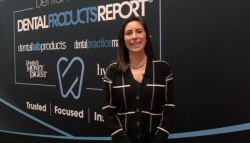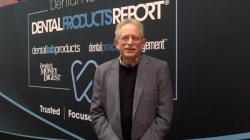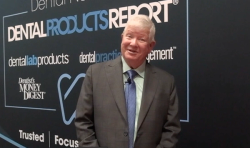Darius Somekhian, head of business development, Cloud Dentistry:
Traditionally, dentistry has been a decade behind when compared with other industries in similar sectors. For example, digital x-rays, voice command inbound call routing, lasers, and even artificial intelligence have been accessible to medical offices for a long time.
The most recent example of new technology and subsequent game-changing business model for dental industry adoption is the gig economy: a peer-to-peer–based activity of acquiring, providing, or sharing access to goods and services often facilitated by a community-based online platform. Models such as Uber, Lyft, TaskRabbit, Thumbtack, Wag!, and Care.com are examples of gig economy marketplaces that have changed other industries.
During the COVID-19 pandemic, the dental labor market was especially affected. Flexibility and lifestyle became the priority for most dental professionals searching for new positions. The American Dental Association recently reported that about one-third of hygienists and dental assistants in the workforce are on the fence about leaving the profession or have already departed traditional full-time roles for part-time positions, nonclinical careers such as manufacturer or distributor representative jobs, and even executive-level positions.
What’s more, within the cohort of professionals aged 25 to 40 years, half are working temporary or part-time jobs. As burnout became the next epidemic in dentistry, dental professionals, especially hygienists and assistants, decided they didn’t want to be shackled to 1 office, especially if they weren’t happy working there. In approximately 1 year, the dental job market became a seller’s market, with more and more job applicants controlling the terms and conditions of their careers and thus driving the adoption of dentistry’s gig economy.
With Cloud Dentistry’s dental gig economy app, dental professionals and privately owned or dental service organization (DSO) offices can connect for working and hiring in the quickest, most reliable, and least expensive manner. For professionals, the app has always been 100% free. For offices, it’s an affordable subscription that works like a gym membership. In other words, the Cloud Dentistry app is the win-win of the new dental gig economy.
Despite being a fraction of the cost of what offices pay for Indeed, recruiters, or staffing agencies, Cloud Dentistry boasts reliability and speedas the main features of its job marketplace platform. In addition, Cloud Dentistry has unlocked fractional units of time as new labor market currency. These were not accessible prior to its launch.
For example, dental professionals can now indicate their temporary work availability based on whole days or specific hours of a day, how far they are willing to drive, and their desired compensation. These features were designed to address the flexibility and lifestyle preferences that today’s dental workforce demands.
The Cloud Dentistry app is much more efficient than traditional job boards, recruiters, or staffing agencies. It can process more than 10,000 bookings per month and thousands more direct, bidirectional messages. Furthermore, it delivers superior transparency by sharing all pertinent information both sides want to know about one other before accepting any booking requests or replying to messages and job postings.
In the years to come, private and DSO offices will need more qualified hiring options to combat the talent supply shortage. They will need to attract professionals who yearn for employment choices that fulfill their personal lifestyle and career goal criteria. Cloud Dentistry is helping both sides of the job marketplace embrace the dental gig economy and prosper from it.

















 Download Issue: Dental Products Report January 2023
Download Issue: Dental Products Report January 2023

